Mobile Water Treatment Plants: Perfect for Disaster Relief, Rural Communities, and Temporary Projects
Access to clean, safe water is essential, but in many situations—whether due to natural disasters, remote locations, or temporary construction projects—traditional infrastructure may be insufficient. Mobile water treatment plants are designed to fill this gap, providing immediate and effective solutions for water purification in challenging environments. Compact, adaptable, and efficient, these plants ensure access to potable water in various circumstances, making them the ideal solution for disaster relief, rural communities, and temporary projects.
This blog will explore mobile water treatment plants' features, applications, and key benefits, highlighting their value for emergency response teams, organizations working in remote areas, and industries that require temporary solutions.
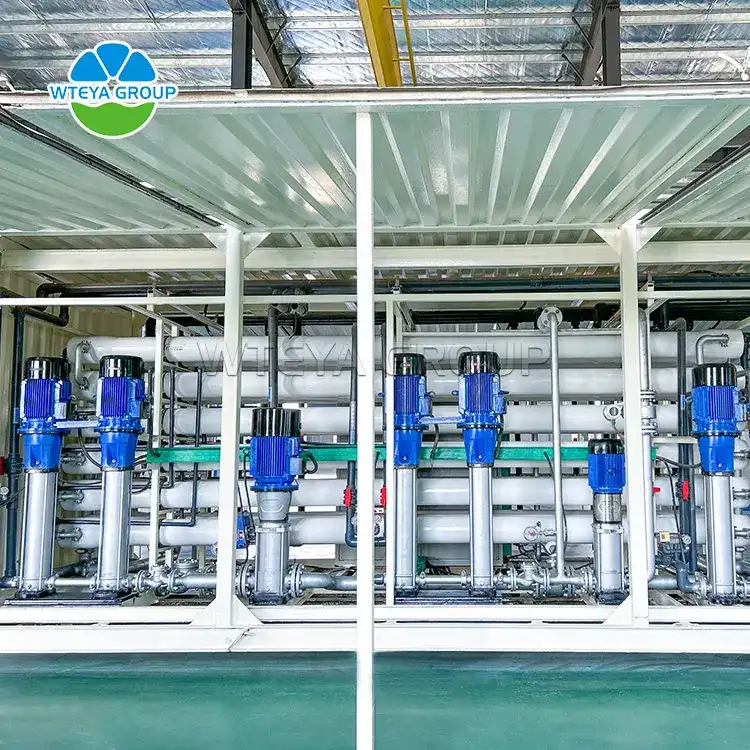
1. Rapid Deployment for Disaster Relief
In the wake of natural disasters such as hurricanes, earthquakes, or floods, access to clean water is often compromised. Water supplies can become contaminated, making it unsafe for human consumption. This is where mobile water treatment plants prove indispensable. Designed for rapid deployment, these units can be quickly transported to the affected areas, providing immediate access to clean water.
Features:
Portable and Modular Design: Mobile water treatment plants are typically built on trailer-mounted or containerized units, making them easy to transport to disaster zones by road, air, or sea.
Fast Setup: Once on-site, these systems can be set up and operational in just a few hours, ensuring that affected communities have access to clean water as soon as possible.
Multi-Stage Filtration: These plants employ advanced filtration methods, including reverse osmosis, UV disinfection, and chemical dosing, to remove contaminants and pathogens, ensuring that the water is safe for drinking.
Value for Relief Teams:
For emergency response teams, the speed and reliability of mobile water treatment plants can make the difference between life and death. By providing safe drinking water within hours of deployment, these plants help prevent waterborne diseases and improve overall health conditions in disaster-stricken areas.
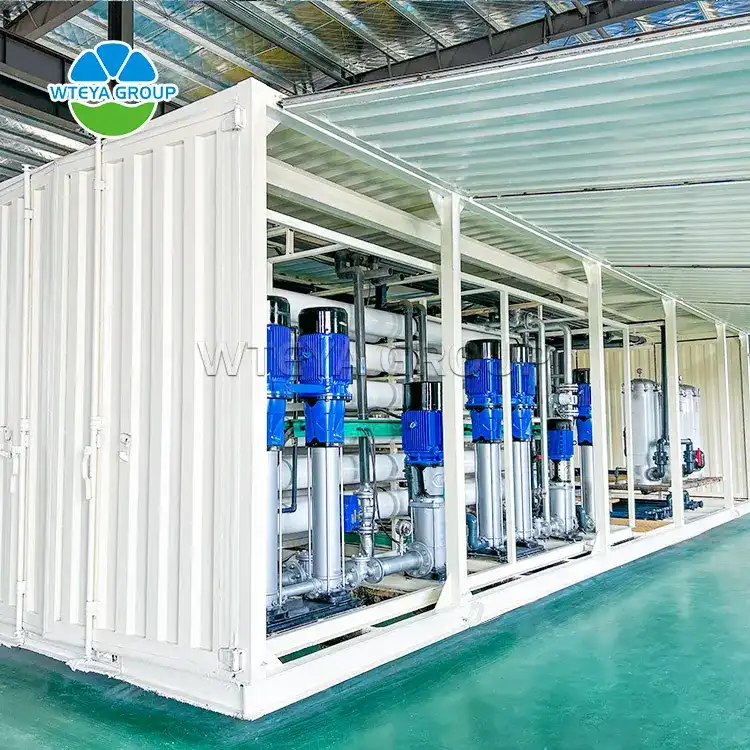
2. Serving Rural and Remote Communities
Many rural or remote areas around the world lack access to consistent, clean water sources. Whether it’s due to poor infrastructure, difficult terrain, or isolated locations, delivering water to these communities can be a challenge. Mobile water treatment plants offer a flexible and scalable solution for addressing these challenges, ensuring that even the most isolated populations have access to safe water.
Features:
Self-Sustaining Systems: Mobile water treatment plants are often designed to function in areas with limited or no access to electricity, utilizing solar panels, diesel generators, or battery storage to power the system.
Versatile Water Sources: These units can treat water from a variety of sources, including rivers, lakes, wells, and even seawater, making them adaptable to different environments.
Customizable Output: Depending on the needs of the community, the water output can be adjusted to provide drinking water, irrigation water, or water for industrial use, ensuring a broad range of applications.
Value for Remote Communities:
By providing a sustainable and reliable source of clean water, mobile water treatment plants improve the quality of life for remote populations. They help prevent health issues associated with untreated water, support local agriculture, and foster economic development in areas where traditional infrastructure is impractical or unaffordable.
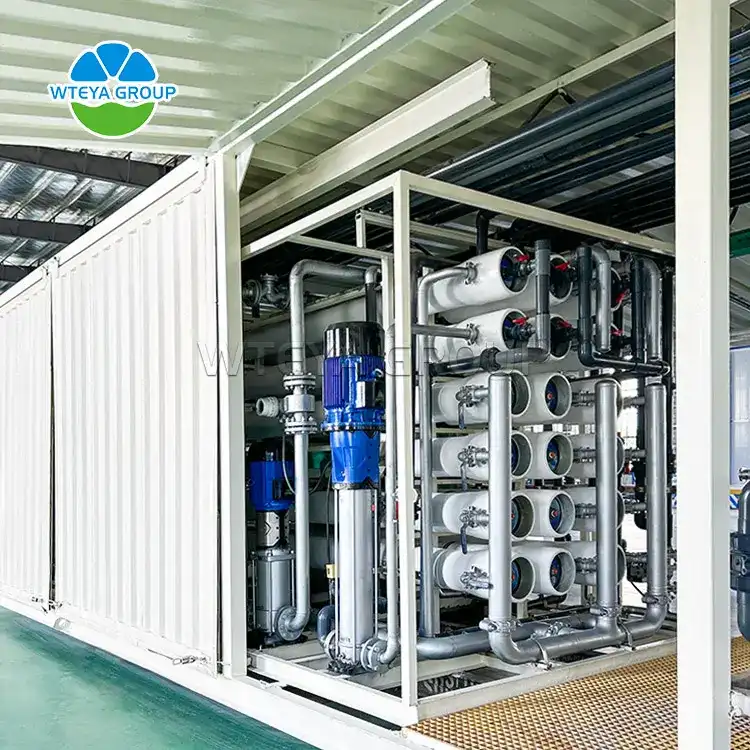
3. Ideal for Temporary Projects and Construction Sites
Temporary construction projects, mining operations, or other short-term industrial activities often require a reliable water supply, but building a permanent water treatment infrastructure for these projects may not be cost-effective or feasible. Mobile water treatment plants provide a cost-efficient and temporary solution, delivering clean water for both human consumption and industrial processes.
Features:
Flexible Capacity: Mobile water treatment plants can be scaled to meet the needs of temporary projects, whether it’s supplying water for a small crew or a large workforce.
Industrial-Grade Filtration: These units can treat not only drinking water but also water needed for industrial purposes, such as cooling systems, dust suppression, or equipment cleaning.
Efficient Operation: Designed for energy efficiency and low maintenance, mobile water treatment plants can run continuously with minimal supervision, reducing operational costs for temporary projects.
Value for Temporary Projects:
By providing a temporary but reliable solution, mobile water treatment plants allow industries to meet their water needs without the expense and delay of constructing permanent facilities. This flexibility also ensures that projects in remote locations or harsh environments can proceed without interruptions due to water shortages or contamination.
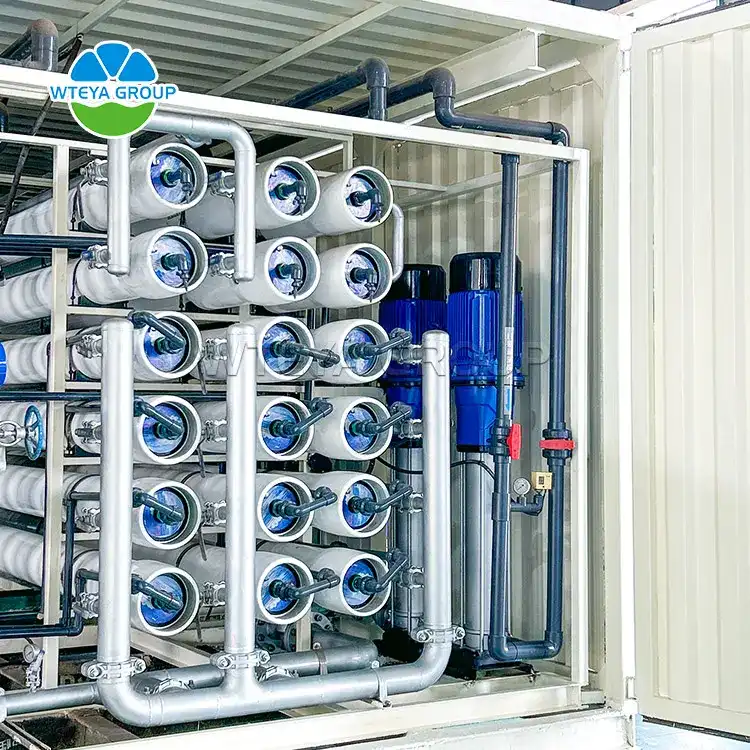
4. Advanced Technology for Reliable Purification
Mobile water treatment plants leverage the latest in water purification technology, ensuring that they can handle a wide range of contaminants and produce high-quality drinking water even in the most challenging conditions. From advanced filtration to disinfection systems, these units provide reliable and consistent results.
Features:
Reverse Osmosis: This filtration method is highly effective in removing dissolved salts, heavy metals, and other impurities, making it suitable for treating seawater or brackish water.
UV Disinfection: Ultraviolet light is used to destroy harmful microorganisms such as bacteria and viruses, providing a chemical-free method of disinfection.
Chemical Dosing: For applications where specific contaminants need to be neutralized, mobile water treatment plants can incorporate chemical dosing systems that add chlorine or other disinfectants in precise amounts.
Value for Users:
The advanced technology integrated into mobile water treatment plants ensures consistent water quality, even when treating highly contaminated or variable water sources. This reliability is crucial in emergencies, industrial settings, or remote locations where the water quality may be poor.
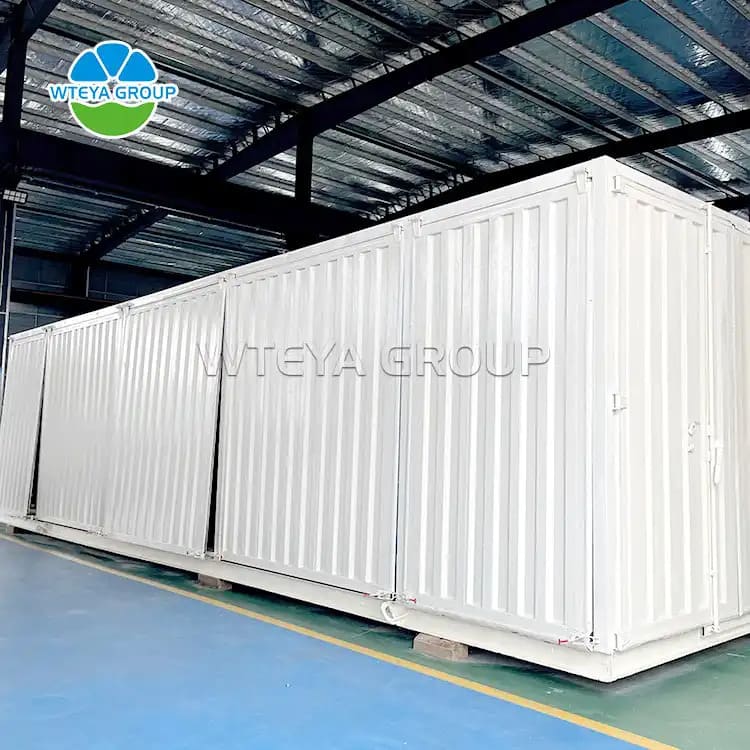
5. Environmentally Friendly and Sustainable Solutions
As sustainability becomes an increasingly important factor in water management, mobile water treatment plants provide an eco-friendly solution for water purification. These systems are designed to operate with minimal environmental impact, reducing water waste and lowering energy consumption.
Features:
Water Recovery Systems: Many mobile water treatment plants include systems for water recycling and reuse, minimizing water wastage, and improving overall efficiency.
Low Energy Consumption: Energy-efficient designs, combined with renewable energy options such as solar power, reduce the carbon footprint of mobile water treatment plants, making them a sustainable option for long-term use.
Reduced Chemical Usage: Mobile water treatment plants often rely on physical filtration methods such as reverse osmosis and UV disinfection, reducing the need for harsh chemicals in the purification process.
Value for the Environment:
By focusing on sustainability and low-impact operation, mobile water treatment plants help organizations meet their environmental goals while providing a crucial service. Whether in rural communities, industrial sites, or disaster zones, these systems ensure that clean water is delivered without harming the surrounding ecosystem.
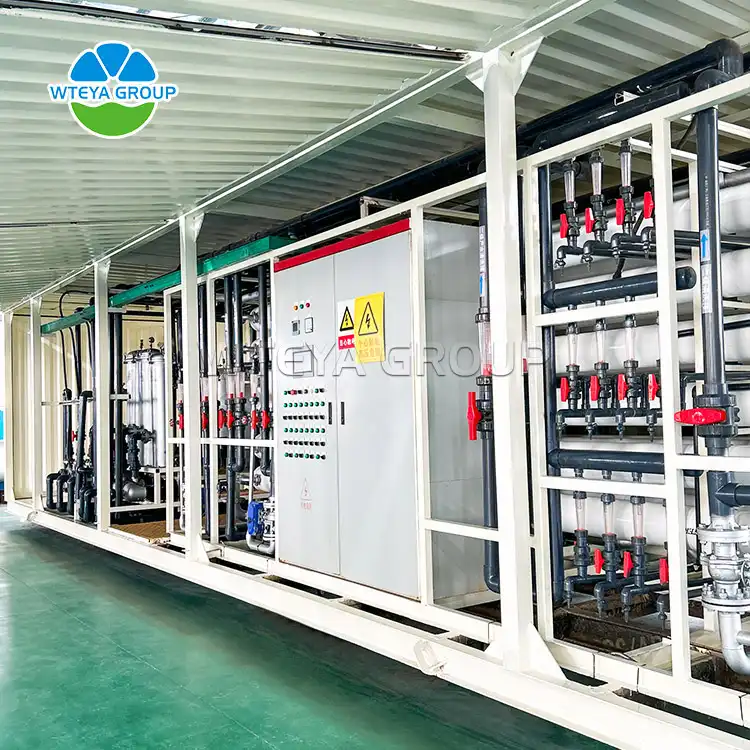
Conclusion
Mobile water treatment plants are a versatile and indispensable solution for providing clean, safe water in disaster relief efforts, rural communities, and temporary projects. Their rapid deployment, flexible design, and advanced technology make them ideal for handling a variety of water challenges, ensuring that clean water is available wherever and whenever it is needed. From emergency response teams to industries working in remote locations, mobile water treatment plants offer a cost-effective, reliable, and environmentally friendly solution for addressing the world’s most pressing water needs.
In 2024, the demand for clean water solutions continues to grow, and mobile water treatment plants stand at the forefront of innovation, offering an adaptable and scalable option for organizations and communities worldwide. By providing a reliable and sustainable water supply, these systems are transforming how we think about water access in challenging environments.







